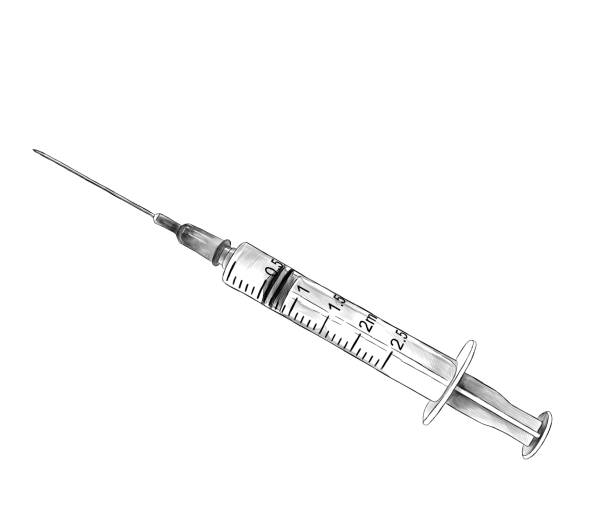**** HEALTH/WELLNESS Media Release
Influenza Vaccine Now Available in Nova Scotia
————————————————————–
All Nova Scotians over six months old are encouraged to get a flu shot this year.
The seasonal influenza vaccine is now available from most pharmacies, family doctors, family practice nurses, nurse practitioners and clinics.
It can take up to two weeks for the vaccination to provide protection. Nova Scotians are encouraged to get vaccinated in the coming weeks to see the full benefit before flu season is expected to arrive in late December to early January.
“With flu season nearly upon us, we need to be diligent in following public health directions and in practising the core public health practises for COVID-19,” said Dr. Robert Strang, Nova Scotia’s chief medical officer of health. “The symptoms for influenza can be similar and we want to limit the spread of any respiratory illness in our communities. We can protect ourselves and our loved ones from influenza safely and effectively by getting our annual flu shot.”
In addition to the annual vaccine it is important to practise good hand washing and proper coughing and sneezing etiquette to help prevent the spread of influenza.
Flu symptoms are similar to COVID-19 and often include a sudden high fever, headache, general aches and pains, fatigue and weakness, a runny, stuffy nose, sneezing and sore throat.
This year, due to COVID-19 precautions, the process for getting the flu shot may look different. Changes could include pre-screening for illness/exposure to COVID-19, making appointments rather than walking into a clinic, keeping physical distance whenever possible, requiring hand washing and mask wearing.
Quick Facts:
— Nova Scotia has ordered 493,750 doses of the flu shot this year
— influenza is a contagious respiratory illness caused by viruses. It affects the nose, throat and lungs
— adults over 65, children six months to five years old, pregnant women, Indigenous Peoples, those residing in crowded living situations, people of any age who are residents of long-term care facilities, and people with chronic illness are at a high risk of developing influenza-related complications
— people can contact their local public health office if they have a child under two years of age who does not have a health-care provider or if they experience difficulty accessing the vaccine
— in addition to the annual vaccine, practising proper hygiene is important. Frequent hand washing and covering noses and mouths when coughing or sneezing is encouraged to help prevent the spread of influenza
— flu symptoms often include a sudden high fever, headache, general aches and pains, fatigue and weakness, a runny, stuffy nose, sneezing and sore throat
— people with flu symptoms should stay at home to avoid spreading the virus
— the flu usually lasts between five to seven days
Additional Resources:
For more information on the flu and the vaccine, visit: http://novascotia.ca/flu
For hours and location of your local public health office, visit: http://www.nshealth.ca/public-health-offices
For information on the difference between a cold and the flu, visit: http://www.canada.ca/en/public-health/services/publications/diseases-conditions/cold-flu-know-difference-fact-sheet.html




